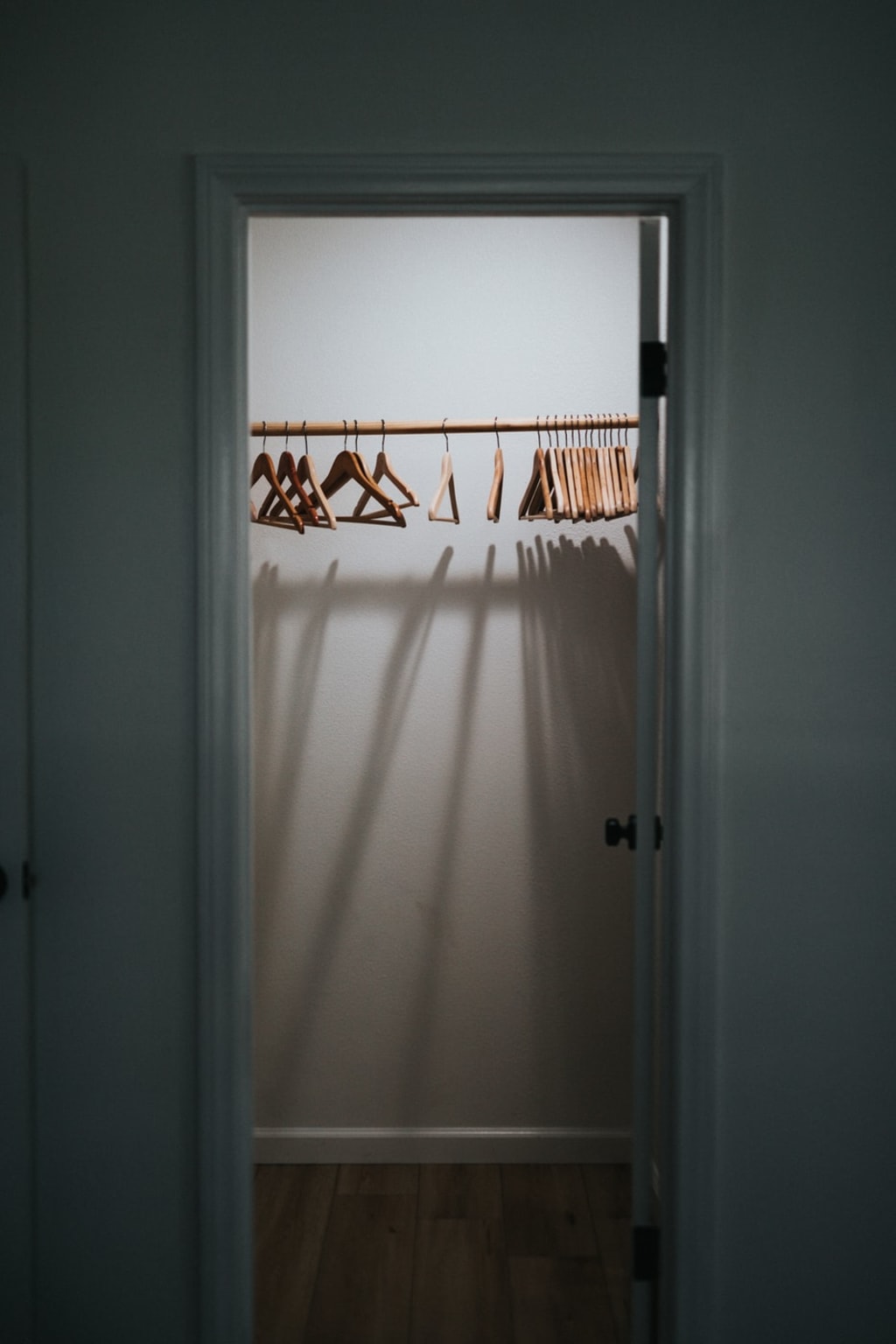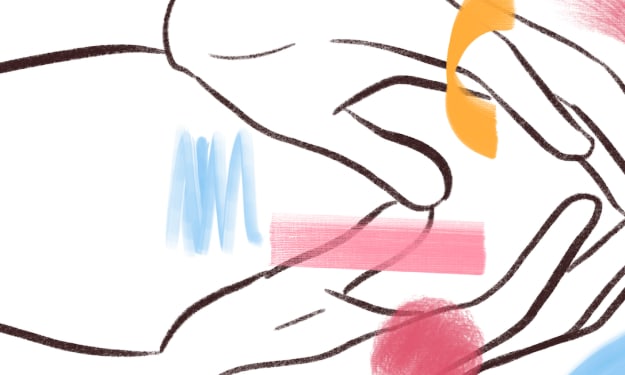
"You never stop coming out. Every time you meet a new person, you have to come out all over again."
This announcement, made by the director of my college LGBTQ group, was the closing statement at the first group gathering. I was in my freshman year of college, and, like much of queer youth, I was making up for lost times. I was finally dating who I wanted and surrounding myself with people like me. I was no longer hiding, so this idea that you do not just 'come out of the closet' once ignited a pit of frustration that I would wrestle with much of my college career. Why is it my responsibility to correct everyone's assumptions of me?
Queer youth, by the power of language, are placed inside the smallest space in the house before given a choice. Yet, queer youth pursue who they are at varying qualities and quantities even if people closest to them don't know everything. It has been inherent to prescribe all queer identity as something that needs to be revealed. This tells queer youth that there is no validity in who they are until the cis/hetero world acknowledges it.
Every queer person has been asked:
"Have you come out to your family?"
"How long have you been in the closet?"
My life and origins are not the equivalent of a dark, cramped space that is only visited a few times a day. Most queer people, at any decade, have had complete and separate full lives even when their cis/straight friends and relatives did not know about it. We build new homes where we are allowed to occupy every room. We make chosen families with whom we can live our lives. In college, I was a well-seasoned, gold-starred lesbian who talked about my dating life openly. Yet, I was still 'closeted' because my relatives didn't know.
There is a toxic norm that queer validity comes from mass acknowledgment. That we are set free and allowed access to the world, to our own home, with cis/straights as the gatekeepers. So much of the queer narrative center itself around the concept that we must be confessed. We tell our friends, family, and work that we are queer not because we need them to let us out, but rather we are tired of worrying about the risk of their reaction.
This isn't just about semantics, which is important. Instead, this is about the chosen language meant to describe the queer experience, all of our origin stories. Closeted terminology displaces blame to the person living in secret and not to the ones who make them fear for their safety. No one chooses to hide who they are without an external force making sure there is no space for their identity. Societal expectations and assumptions have fabricated that queer folk must always break those molds instead of those expectations and assumptions not existing altogether.
When strangers ask me about the husband or boyfriend that does not exist, why do I need to 'come out' again? I'm not hiding who I am, and I didn't ask for anyone to assume that I am straight. When we accept that a closet door opens and closes every time we meet a new person, we accept that we owe everyone an explanation. We accept that it is our job to push ourselves into existence. We should not relieve our cis/hetero peers of their responsibility to why the closet exists. Since cis/straight folk closet themselves from a reality that says not everyone is how they want them to be.
I stress a change for how we see our origins to open up our narratives to be about something more than a confession. Whether we accept ourselves or are still figuring it out, we can do without the revolving door of constant obligation to reintroduce our queerness. It is not our responsibility to come out when people are educated enough to not assume. Come into yourself, not out to a people that do not hold any power in your validity.
When I mention I have a wife, I am not coming out. I am letting you in.
About the Creator
VKT
Published Illustrator. Work in Progress Writer.






Comments
There are no comments for this story
Be the first to respond and start the conversation.